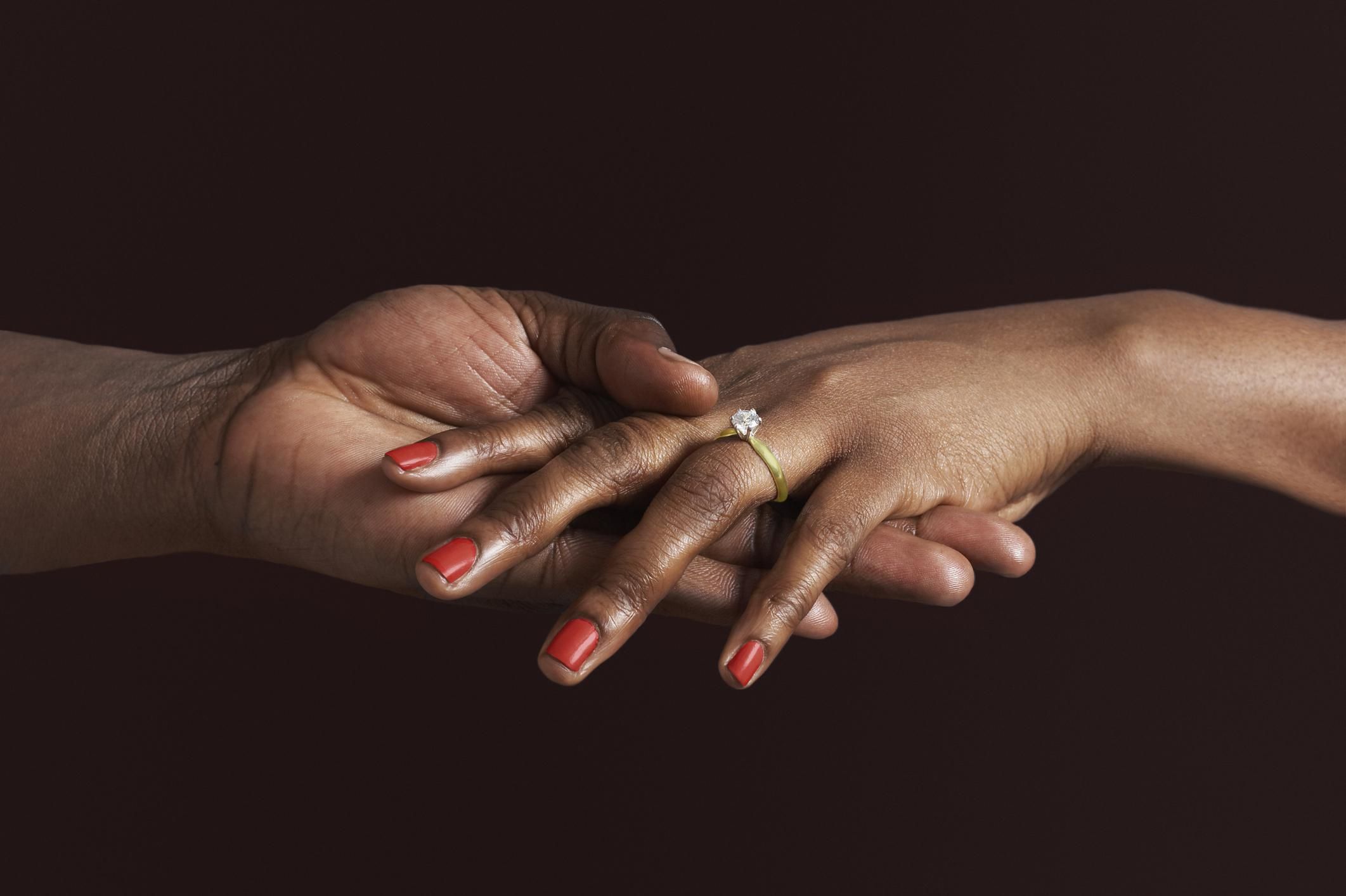Opinion: In Polyandry Lies the Power of Choice
Much of South Africa's ongoing debate about women having more than one husband is peppered with falsehoods, fallacies and the refusal to allow women to enjoy similar freedoms to their male counterparts.
Earlier this month, the South African government released a Green Paper, a policy discussion paper open for public comment, that seeks to amend the current Marriage Act. The Green Paper proposes the legal recognition of polyandry, defined as the act of women having more than one husband. Presently, only polygyny is recognised under the law, as is the case in numerous other African countries across the continent.
And while polyandry is practised in certain parts of Nigeria, Zimbabwe and Kenya, the mere mention of it has sparked controversy and debate among many South Africans. Admittedly, some of it has been rather amusing with quips about women being worse off with two men given the [redacted] quality of South African men already. Jokes aside! Much of the pushback against polyandry, from citizens, cultural and religious leaders as well as politicians, has unveiled the double standards often ascribed to relationships that typically cater to heterosexual men.
THE POLYGAMY WE'RE ALLOWED TO SEE
Polygyny, a form of polygamy where men have more than one wife, has always been more acceptable. It's been the norm across numerous other African cultures. Former South African President Jacob Zuma is a prolific polygamist with five wives. King Swati III of eSwatini selects a new wife at the annual reed dance and is currently on wife number 15. In South Africa, polygamy enjoys its own television show in the form of Uthando Nesthembu, which follows the lives of businessman Musa Mseleku, and his four wives — MaCele, MaYeni, MaKhumalo and MaNgwabe. Now on its third season, the show has undoubtedly been aspirational for men who aspire to be considered wealthy, revered and successful enough to have multiple wives and children who all depend on, just, one husband. Needless to say, Mseleku's desire to have a fifth wife has only served to further increase the show's popularity.
Uthando Nesthembu is important to highlight because as a society, we tend to display what we deem acceptable on our television screens. This is why queer television and films such as Inxeba: The Wound and Rafiki still receive much resistance because the queer community, itself, is still largely marginalised. The depiction of polygamy, and the aspiration for many to enter into polygamous set-ups, show just how much of a norm it is and has always been among both men and women. The same can't be said for polyandry though. Now that the shoe is quite possibly on the other proverbial foot, there is a deafening uproar based on a number of reasons.
THIS IS A (CIS-HET) MAN'S WORLD
Patriarchy reigns supreme. It continues to provide the holy grail of the dos and don'ts of relationships and dictates what can and cannot work — nevermind what women may want or need. Men are always at the centre and so relationship norms have become based almost exclusively on what they feel is comfortable and non-threatening to their masculinity. We can't "emasculate" the man now can we?
Naturally, this patriarchal way of living also informs religious views and moral beliefs vehemently against the idea of polyandry. Various cultural and religious leaders in South Africa have described polyandry as "disgraceful", "confusing to children" and a threat to "cultural values and norms" among other things. [Insert a side-eye, plus a deep, heavy sigh here!] Their arguments speak to polyandry being a wrecking ball that will potentially destroy the family unit, along with the very moral fabric of society as a whole. Compared to the reality of family units in South Africa and other parts of the world, their arguments just don't hold. Take for instance the divorce rate in the country. South Africa recorded 25 326 divorces in 2016, with almost half of them marriages which lasted less than 10 years. While that figure has been on a downward trend, it's not particularly exemplary either. Additionally, intimate partner violence is one of the highest in South Africa with half of the women murdered by their own partners. As if that weren't bad enough, at least 24 000 children were sexually abused and 943 murdered between 2018 and 2019. The family unit as we know it, and the lack of safety for both women and children in South Africa paint a picture of dysfunction, and not perfection. Thus, for religious and cultural leaders to claim that polyandry would cause these social ills, when they in fact already exist, and alarmingly so, is disingenuous at worst and delusional at best.
At the crux of this polyandry debate is the discomfort, and even anger, that women should dare enjoy the same freedoms as men. It's a refusal to, even, allow women to map out and navigate their relationships in a way that centres them for a change. . Monogamy has, for a long while, been the only model for romantic relationships available to women — the type often described as "respectable" and "wife material" at that. However, just as open relationships are becoming increasingly popular, along with other alternative models of relationships, polyandry should be seen as just that — another option! It's not about forcing individuals who find no meaning in polyandry to engage in it, for the false sense of progress, but to genuinely allow women to experience what they may never experience, or experience fully, in traditional relationship settings. Once we open ourselves to that possibility, we'll see that at the heart of polyandry lies the power of choice and that is scarcely ever a bad thing.
